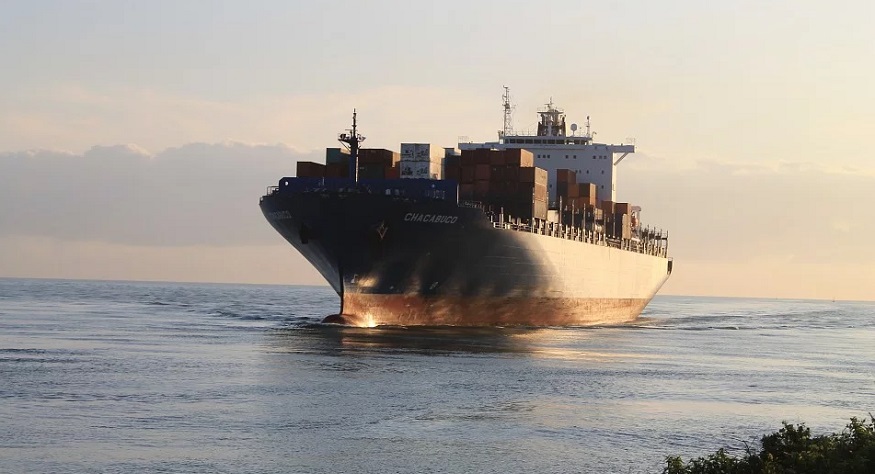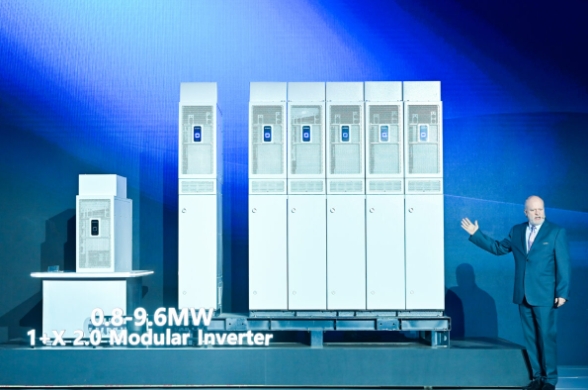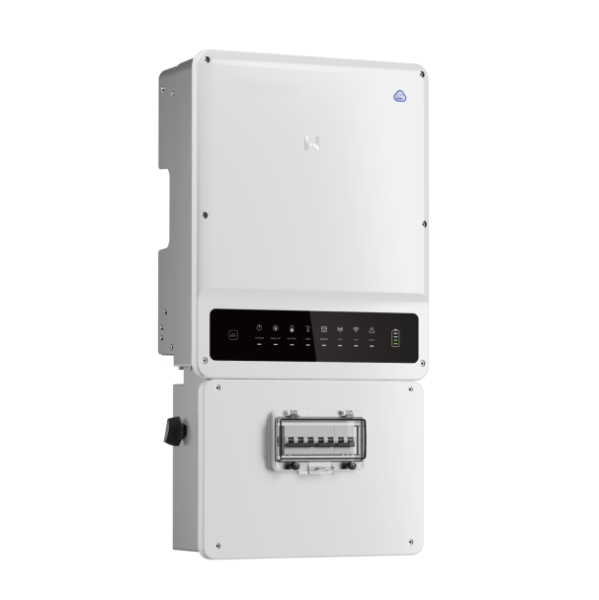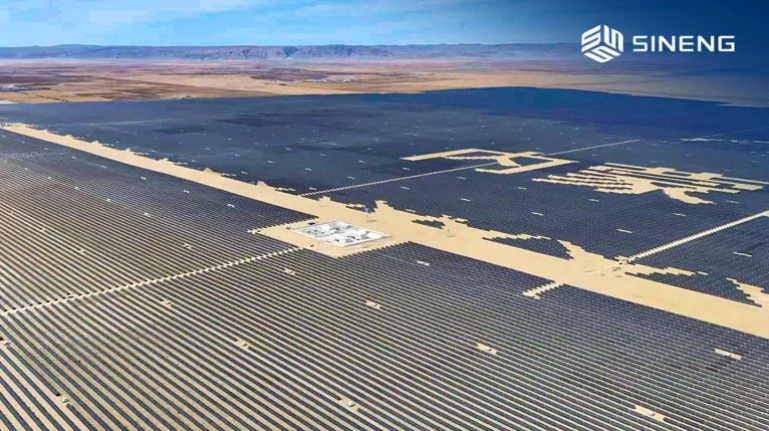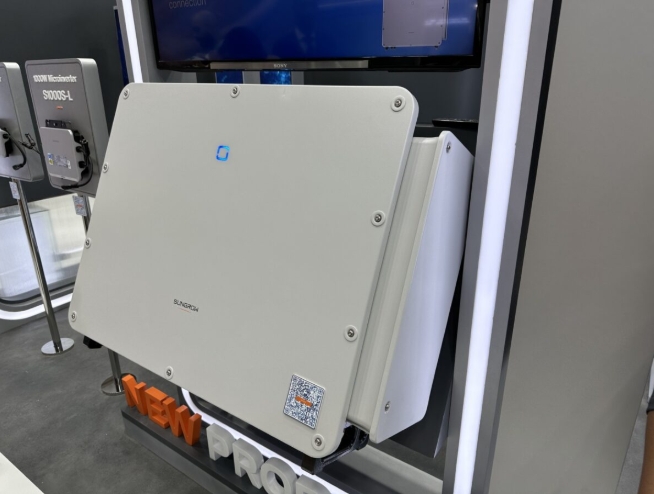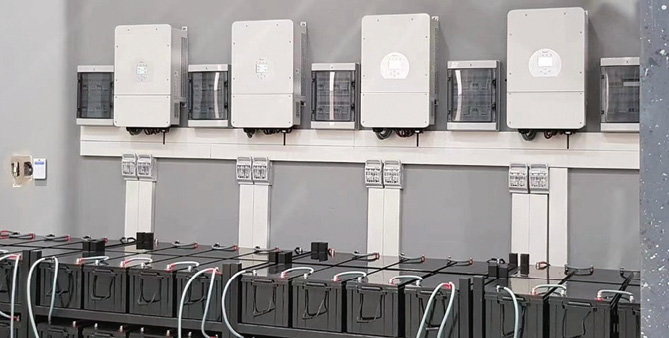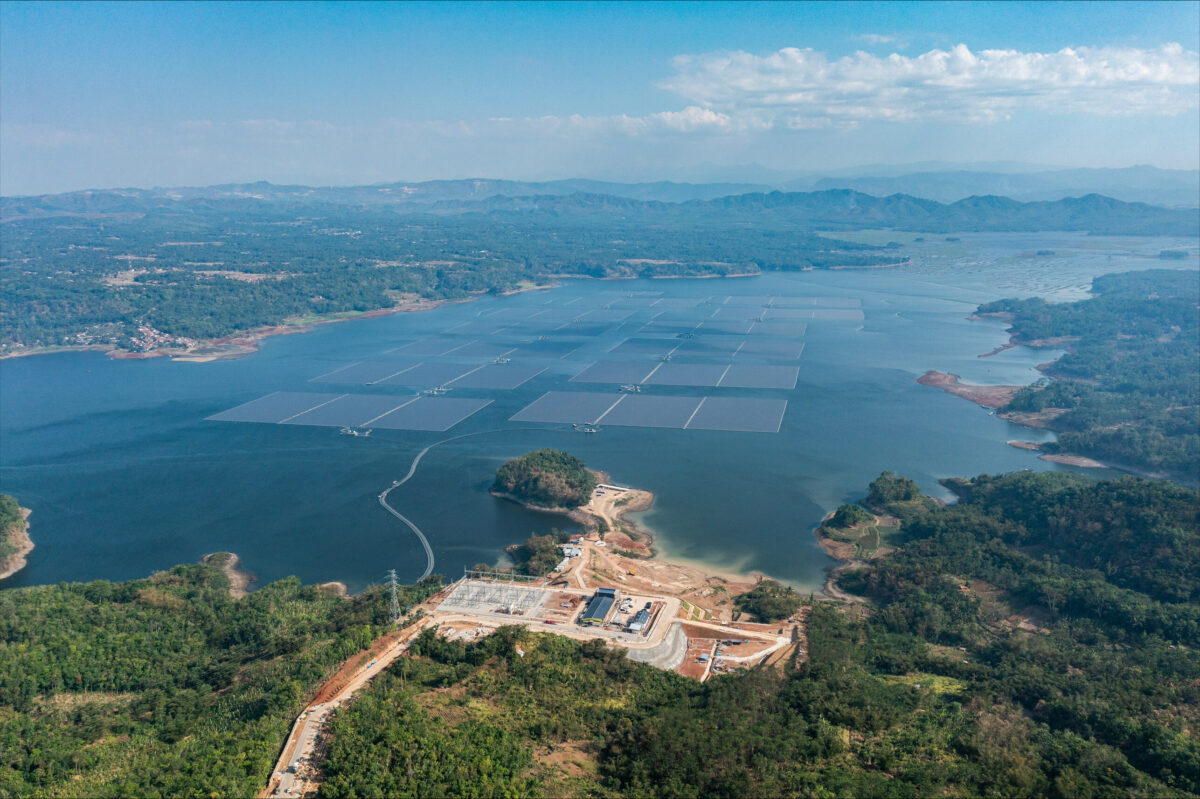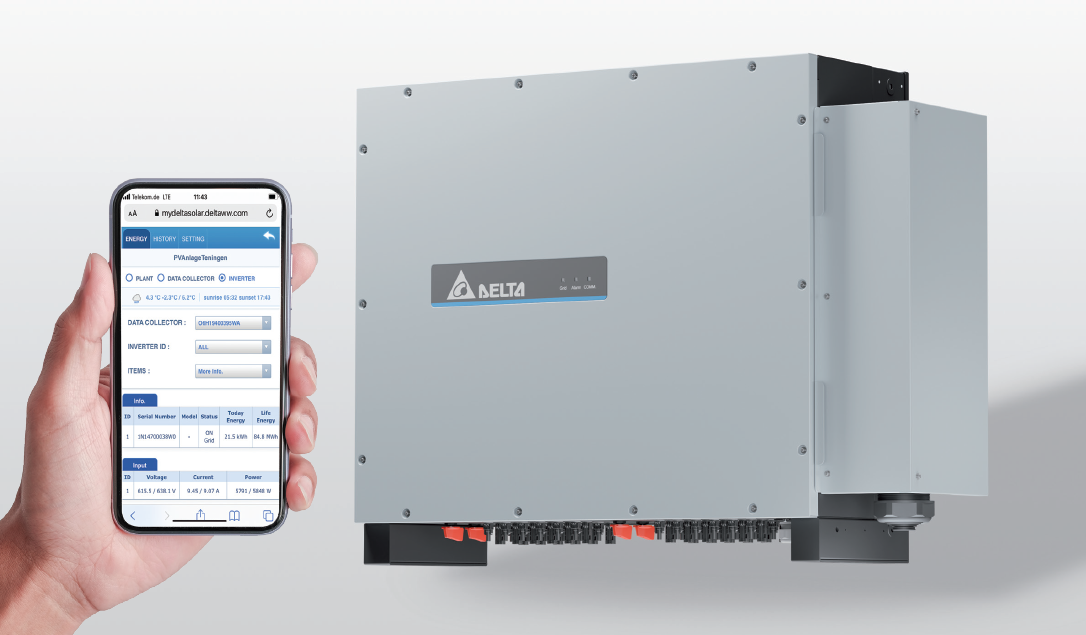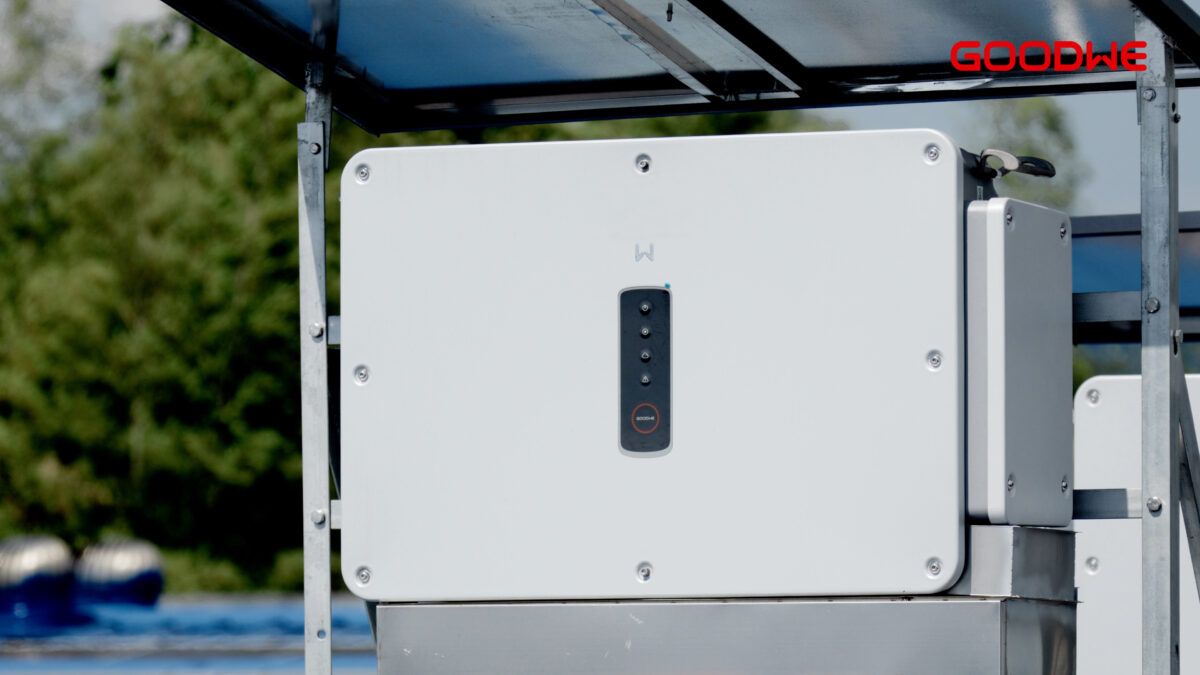The liquid hydrogen carrier ship, called the Hydrogen Frontier, is part of the nation’s plans to build a carbon-free fuel global supply chain. The launch of the 8,000-ton vessel marks the first stage in a pilot project.
The launch is a significant step in Japan’s national energy strategy.
The Hydrogen Frontier was launched from the Kawasaki Heavy Industries yard in Kobe and is the first stage in a hydrogen fuel pilot project between Japan and Australia. Hydrogen will be produced from huge reserves of low-grade coal in Australia, liquified at -235 degrees Celsius, and shipped to Japan via the new vessel, which can carry 1,250m3 of liquid hydrogen in a single tank, the Financial Times reports.
The project is important not only for the nation’s national energy strategy, but also for Kawasaki Heavy, as it will be necessary for the company to adopt new technology in order to remain competitive as China’s bulk shipbuilding sector grows.
Although electric batteries are the more popular clean energy alternative to fossil fuels due to their far lower cost, Japan sees hydrogen fuel as the solution for its long-term future energy needs and is working hard to build a hydrogen society.
When used, hydrogen emits no carbon emissions, making it ideal for transportation, heating and other applications. That being said, while it may not emit emissions when in use, producing hydrogen from coal isn’t an emission-free process. The only time it is eco-friendly is if the carbon from the coal-based production process is captured and stored. If this fails to occur, then hydrogen shipments will simply result in Japan shifting its emissions to Australia.
In addition to this, there are still doubts that green hydrogen (hydrogen produced from renewables) will truly be possible at a reasonable cost.
Hydrogen Frontier is expected to complete its safety standard trials in 2020.
Currently, the liquid hydrogen carrier ship is the only one in the world to apply the International Maritime Organisation’s interim safety standard for carrying liquid hydrogen, says the head of Kawasaki Heavy’s hydrogen development centre, Motohiko Nishimura.
“When it completes its trials in 2020, we hope its approach to safety will become a de facto standard,” Motohiko Nishimura added. He further stated that in this respect, the company believes the technology on the ship is a “step ahead of the rest of the world.”
